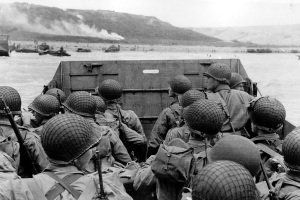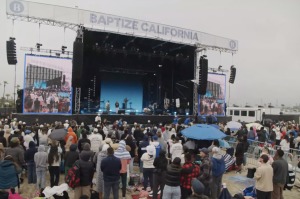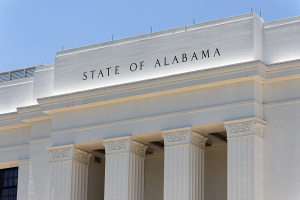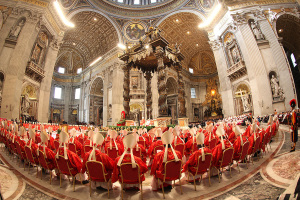Al Mohler denounces 'F9' actor John Cena's 'capitulation to China' for apologizing over Taiwan comment
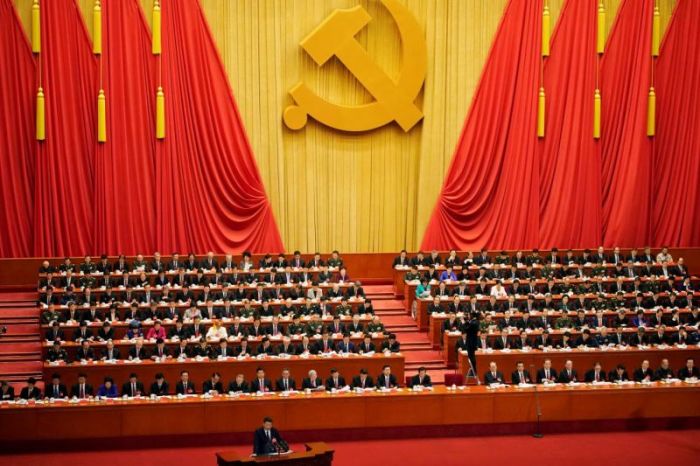
Albert Mohler, who's running to be the next president of the Southern Baptist Convention, denounced former World Wrestling Entertainment star John Cena’s apology to China for saying that Taiwan is a country.
A former main eventer and multi-time champion in WWE, Cena recently called Taiwan, whose independence is not recognized by China's communist regime, a country.
During an interview about a “Fast & Furious” sequel that Cena was in, the celebrity commented that “Taiwan is the first country that can watch the film.”
Cena later apologized in Mandarin for “my mistake” in a video posted to social media, where the American professional wrestler and actor said, “I love and respect Chinese people.”
In an episode of his podcast “The Briefing” posted Wednesday, Mohler called Cena’s apology an example of “capitulation to China,” as seen by the “groveling language that he had to use.”
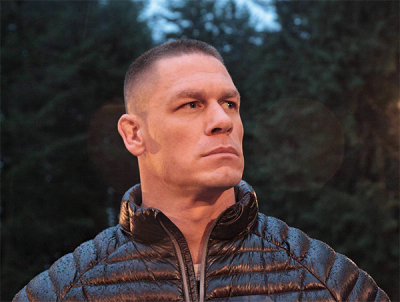
“Why would he do this? Is it because China could throw him in jail? Unlikely. Is it because China is going to send agents to arrest him? Unlikely,” Mohler said.
“It is because he has a big financial stake in this very movie, and anything that he will produce, or act in later, being watched in China, and that means under the control of the Chinese Communist Party. When you have a totalitarian government, you must be totally in line.”
Mohler noted that Cena was not the first business or professional athlete to either ignore China’s human rights abuses or offer an apology for going against Communist Chinese ideology.
“Famously back in 2019, it was the NBA that found their self [sic] on the hot seat when Daryl Morey, who was then the general manager of the Houston Rockets, indicated in his social media statement support for protestors for democracy in Hong Kong,” explained Mohler.
“The NBA quickly had to reassure the Chinese Communist Party that it was determined to play ball according to the Chinese rules. And furthermore, you had major stars such as LeBron James, who also, as The New York Times suggests, ‘offered a China-friendly response,’ saying that the then basketball manager ‘wasn't educated on the situation at hand.’”
Mohler saw it as part of the “moral surrender of so many cultural authorities, and those in the culture-making industry, to the repressive regime of China under the control of the Chinese Communist Party.”
“We have seen major corporations such as Apple, major industries in the West, capitulate to China without admitting that that's what they're doing,” he added.
“They operate in China under the rules of that repressive regime, even as, in this country, and in other parts of the world, they advertise themselves as avatars of moral progress.”
Modern-day Taiwan traces its origins to the Chinese Civil War when nationalist forces under Chiang Kai-shek established a government on the Taiwanese island, also known as Formosa.
Taiwan has its own military, democratically-elected government and constitution.
In 1971, the U.N. General Assembly passed a resolution recognizing the People’s Republic of China as the sole legitimate representative of China, prompting Taiwan to withdraw from the global body.
According to a 2018 fact sheet by the U.S. State Department, the United States and Taiwan “enjoy a robust unofficial relationship” but noted that the U.S. “does not support Taiwan independence.”
“The United States insists on the peaceful resolution of cross-Strait differences, opposes unilateral changes to the status quo by either side, and encourages both sides to continue their constructive dialogue on the basis of dignity and respect,” explained the fact sheet.
“The United States has maintained and enhanced its commercial ties with Taiwan since 1979. Taiwan is the United States’ ninth largest trading partner, and the United States is Taiwan’s second largest trading partner.”
















